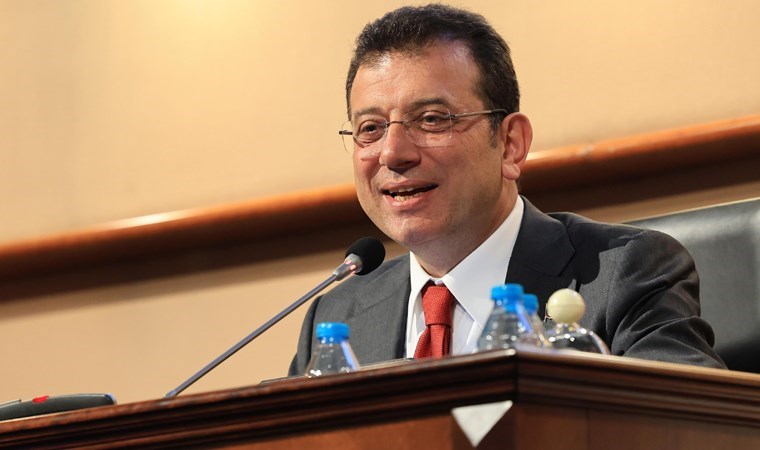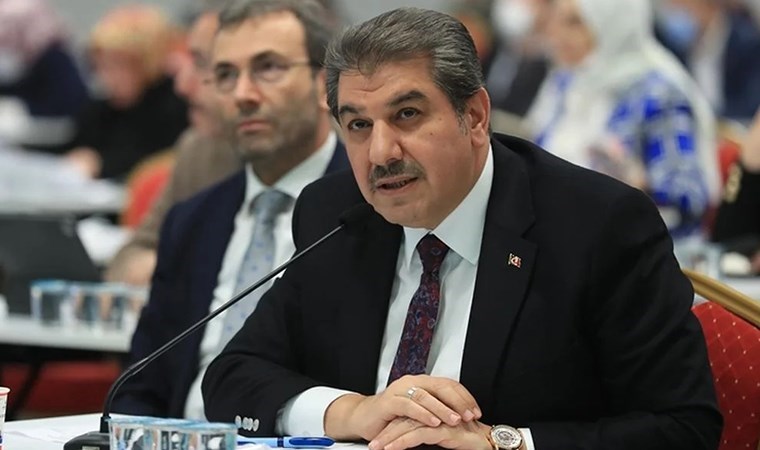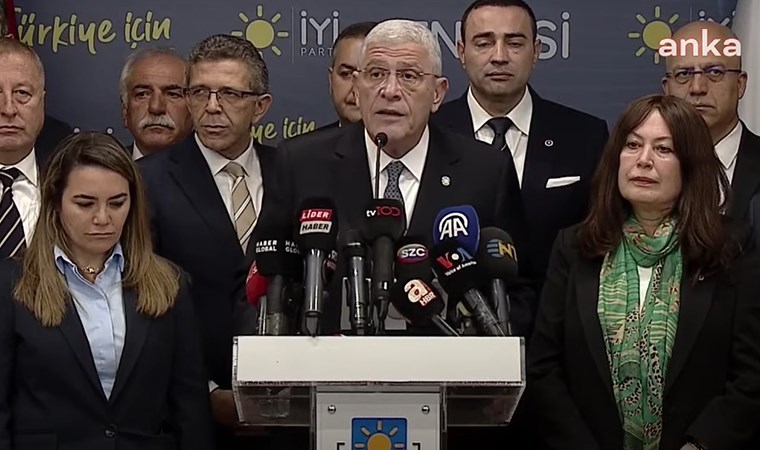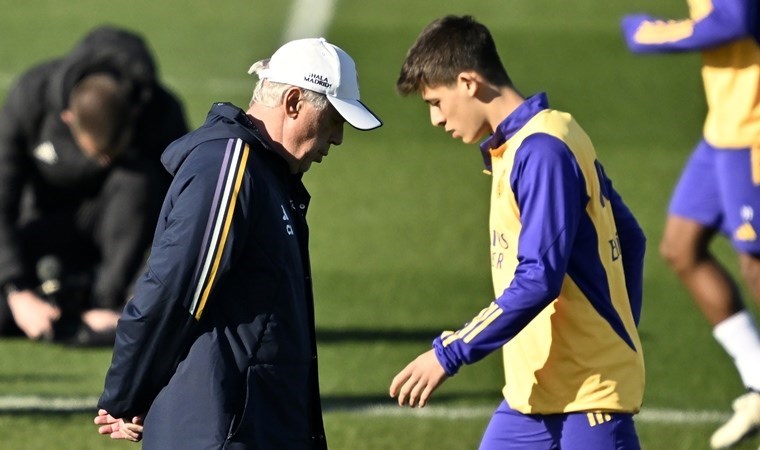Will the early bird catch the worm?
Kadri Gürsel
The country is facing the reality of a snap election.
It was in fact known that, confronted by a snap election, the opposition parties were incapable of coming together and organising a widespread and effective boycott action that would reduce participation to fifty per cent or less.
But, this opposition could have acted in unison around a common denominator in the presidential election over the problem that urgently requires solving.
And this was a vital priority.
Halting Turkey’s “downward boring” motion that is gaining momentum as it continues.
Placing a democratic barrier in front of the regression in every area from the economy to the judiciary. This should have been the priority.
The snap election presented the opposition with the opportunity to rescue the country from being dragged into the deepest darkness of disaster by for a time acting jointly around lowest common denominators.
The opposition was unable to take this opportunity.
This was not due to an inability to agree on what the common denominator was.
The opposition parties are in any case united over the following goals:
The speedy normalisation of the country.
A return to the legal and constitutional order. An end to arbitrary rule and the guaranteeing of fundamental rights and freedoms.
Extricating the judiciary from the pitiful state it has fallen into and enabling it to become independent and impartial.
Reinstating budget oversight.
Taking speedy steps to restore the trust that has been lost due to the polarisation among various segments of society.
In parallel to this, acting under a joint timetable for a return to the democratic parliamentary system.
It could have been easy to agree on these fundamental principles. But, the reality of the country dictated that a result would elude the opposition without taking one thing into account:
It is impossible to solve Turkey’s most pressing and biggest problem without the requisite share of the vote being garnered from the ruling party’s base and Kurdish voters.
It is impossible for the opposition parties to get these votes with their own natural candidates. Perhaps the Felicity Party could have constituted an exception to this, but its own voter base was inadequate.
The consequent search for an above-party candidate ended with Abdullah Gül’s name suggesting itself and being mooted. We see no other name capable of being proposed, either.
And this is unremarkable, because there was nobody else.
In the end, agreement could not be reached on the Gül formula.
For three reasons.
Ranking first in terms of importance was Abdullah Gül’s attitude. Especially following the 15 July coup attempt, Gül did virtually nothing to instil trust in circles that regarded him with suspicion as to his ability to assume a comprehensive role in aiding Turkey’s normalisation. Just as Turkey’s most pressing and important problem cannot be solved without taking votes from the AKP, it is abundantly clear that Gül can get nowhere in solving this problem without the support of the CHP base. Gül’s predilection to remain above politics came across as “non-politicalness.”
Note how the following principles that Gül raised in the speech he made last Saturday while announcing that he would not stand as a candidate essentially describe the lowest common denominators in question:
“A strong democracy based on the separation of powers, the supremacy of the law, the implementation of fundamental rights and freedoms within universal criteria ...
An order in which the rules and principles of meritocracy, transparency and accountability apply.”
In this process, Gül waited until the end of the road to stress the above principles and values.
A timely resolute position entrenched in these principles without weaknesses would also have acted as a “deterrent” to a Chief of the General Staff who had been appointed to get him to abandon his candidacy.
The second reason for the opposition’s failure was the political selfishness of Good Party General Chair Meral Akşener. Akşener characterised Gül as a “zero risk taker” and implied that he did not deserve to be the umbrella candidate but if, under the most optimistic scenario, she makes it to the second round, I do not imagine that she, either, knows how she is going to get the Kurdish vote that will attain crucial importance in the face-off with Erdoğan. Gül’s passive attitude made it easier for Akşener to adopt this stance.
As to the third reason, this is the allergy of the CHP’s base and organisation towards Abdullah Gül. The “allergenic factor” is Gül’s political Islamic past and his remaining passive to the process of authoritarianisation while in Çankaya. He is thus incapable of being convincing in the eyes of the populace at large. He could of course not have been expected to be a social democrat or Kemalist, but a way could have been found to overcome this deep obstacle of mistrust without alienating the conservative base.
The deep social polarisation and insecurity that the ruling body is creating makes it hard for solutions created by politics to find take-up among the polarised base.
It has once more been seen that Turkey has no bottom. Turkey’s downward boring motion will unfortunately continue.

En Çok Okunan Haberler
-
 Erdoğan'a 'Uçum' ve 'Bursalı' çağrısı
Erdoğan'a 'Uçum' ve 'Bursalı' çağrısı
-
 AKP ve MHP’liler erteliyordu
AKP ve MHP’liler erteliyordu
-
 Annelere 325 euro ödeme yapılacak!
Annelere 325 euro ödeme yapılacak!
-
 AKP'nin teklifi oy çokluğuyla reddedildi
AKP'nin teklifi oy çokluğuyla reddedildi
-
 Tevfik Göksu'nun grup başkanvekilliği görevi sona erdi
Tevfik Göksu'nun grup başkanvekilliği görevi sona erdi
-
 CHP'li başkanın ifadesi ortaya çıktı!
CHP'li başkanın ifadesi ortaya çıktı!
-
 CHP heyeti Antalya Adliyesi önünden seslendi
CHP heyeti Antalya Adliyesi önünden seslendi
-
 CHP ve AKP'nin başkanvekilleri belli oldu
CHP ve AKP'nin başkanvekilleri belli oldu
-
 Demirtaş'tan kendisine 'gerizekalı' diyen Ural'a yanıt!
Demirtaş'tan kendisine 'gerizekalı' diyen Ural'a yanıt!
-
 Genel Başkan adayı Dervişoğlu'ndan flaş açıklama
Genel Başkan adayı Dervişoğlu'ndan flaş açıklama

















